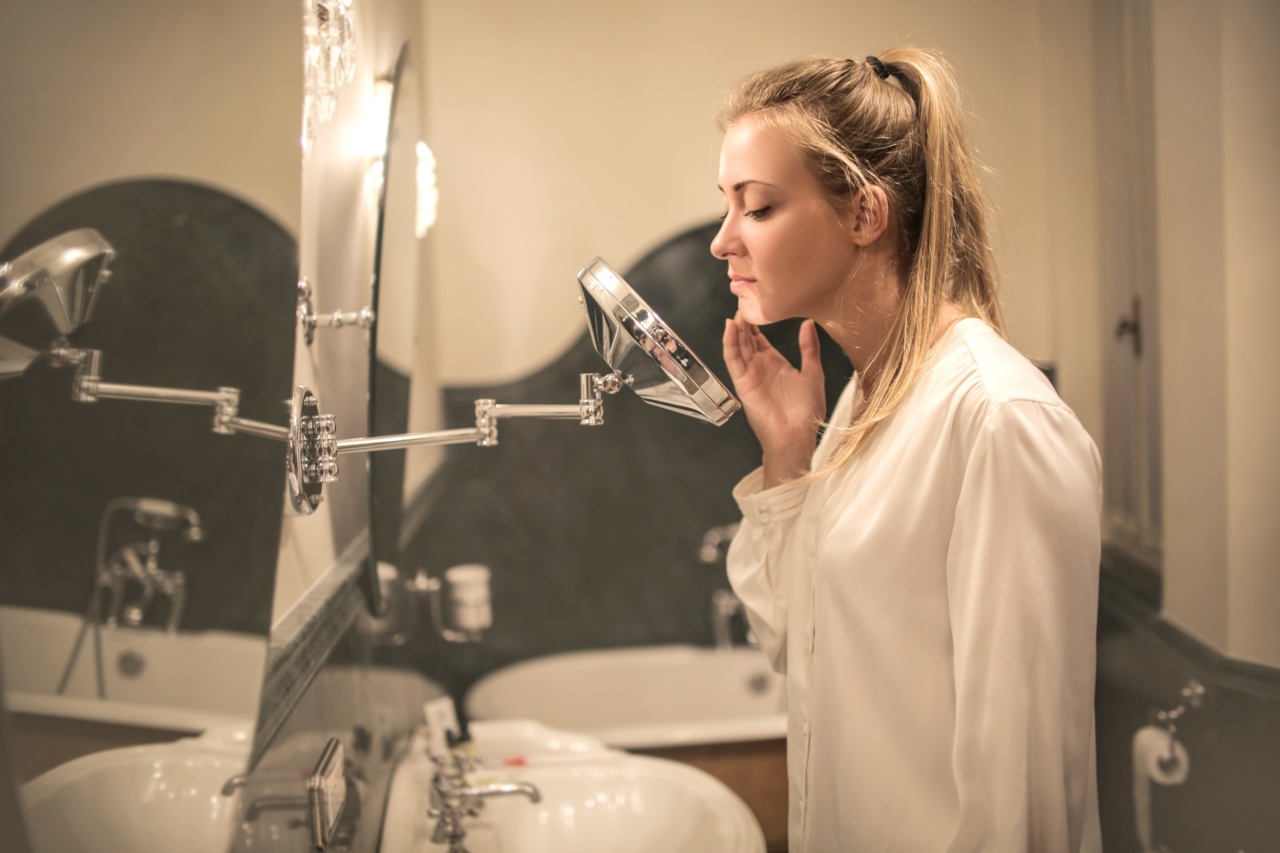Having sensitive skin can be a challenge, as it requires extra care and attention to avoid flare-ups, irritations, and discomfort.
While everyone’s skin is unique, there are certain mistakes that individuals with sensitive skin should avoid to keep their skin healthy and happy. In this article, we will discuss the top 10 mistakes that people with sensitive skin should steer clear of.
1. Using Harsh Cleansers
Cleansing is an essential part of any skincare routine, but individuals with sensitive skin should avoid using harsh cleansers that strip away natural oils and disrupt the skin’s delicate balance.
Opt for gentle, fragrance-free cleansers that are specially formulated for sensitive skin to avoid irritation.
2. Over-Exfoliating
Exfoliation helps remove dead skin cells and reveal a radiant complexion. However, individuals with sensitive skin should be cautious not to over-exfoliate, as it can lead to redness, irritation, and even micro-tears on the skin’s surface.
Limit exfoliation to once or twice a week and choose gentle exfoliants with finer particles.
3. Ignoring Patch Tests
Whether you are trying out a new skincare product or makeup, it is crucial to perform a patch test before applying it to your entire face.
Apply a small amount of the product on your inner wrist or behind your ear and wait for 24 hours to ensure you don’t experience any adverse reactions or allergies.
4. Using Fragranced Products
Fragrances may add a pleasant aroma to skincare and cosmetic products, but they can be harsh on sensitive skin. Fragrances often contain irritants that can cause redness, rashes, and itching.
Opt for fragrance-free or hypoallergenic products to minimize the risk of skin reactions.
5. Skipping the Moisturizer
Moisturizing is essential for all skin types, including sensitive skin. Skipping moisturizer can lead to dryness and increased sensitivity. Look for moisturizers that are free from fragrances, dyes, and harsh chemicals.
Moisturizers with soothing ingredients like aloe vera or chamomile can provide extra relief for sensitive skin.
6. Not Protecting from the Sun
UV rays can aggravate sensitive skin and trigger flare-ups. Make sure to protect your skin by wearing sunscreen with a high SPF every day, even on cloudy days or during winter.
Opt for broad-spectrum sunscreens that offer protection against both UVA and UVB rays.
7. Using Hot Water
Hot water can strip off the natural oils from the skin and leave it feeling dry and irritated. Avoid using hot water for cleansing or showering, and instead, opt for lukewarm water.
After cleansing, gently pat your skin dry with a soft towel to avoid additional irritation.
8. Not Reading Product Labels
When you have sensitive skin, it is crucial to become an avid label reader.
Look for products that are labeled as “hypoallergenic,” “fragrance-free,” “dermatologist-tested,” or “suitable for sensitive skin.” Avoid products that contain potential irritants such as alcohol, sulfates, parabens, and harsh preservatives.
9. Using Rough Towels or Washcloths
The fabric of your towels or washcloths can contribute to skin irritation, especially if it is rough or abrasive. Opt for soft, 100% cotton towels and washcloths to minimize friction and avoid further aggravation to your sensitive skin.
10. Overloading with Products
Using too many products at once can overwhelm sensitive skin and make it difficult to identify the source of irritation in case of a reaction. Stick to a minimalistic skincare routine with a few gentle products that cater specifically to sensitive skin.
Gradually introduce new products and monitor your skin’s response.


























